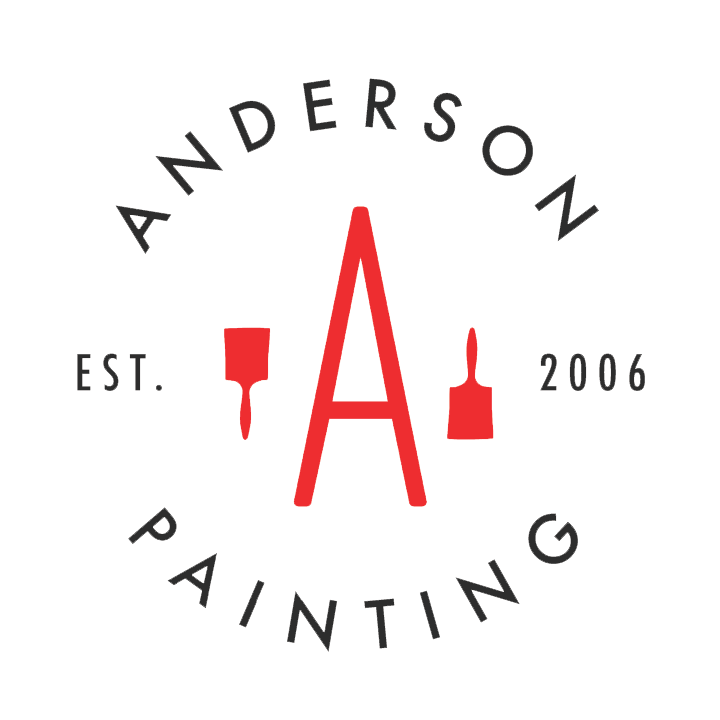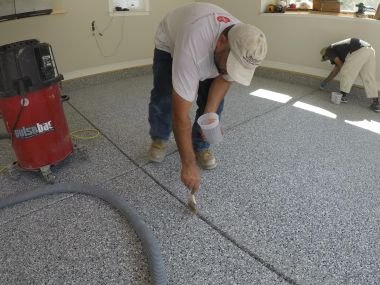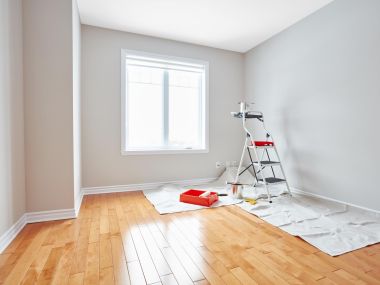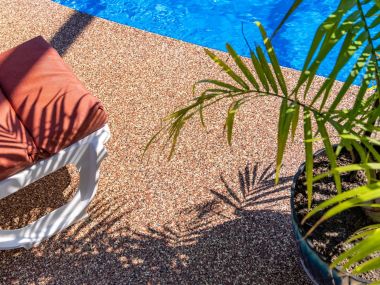Can Pressure Washing Damage Your Home?

Pressure washing provides a convenient and powerful way to thoroughly clean your home’s exterior. It’s also an important step in preparing for a new paint job so that the paint can properly adhere to the surface. It would seem, then, that there are no downsides to pressure washing. But there’s a catch. If you aren’t careful when performing this task, you can actually end up damaging your home. To avoid this, it helps to know about the risks involved and the precautions necessary with pressure washing.
Pressure Washing Vs. Power Washing
For starters, we should delineate the difference between pressure and power washing, because they’re so often conflated. Both processes use a motorized air pump to pressurize the water, which is then released via a trigger through a small nozzle. Detergent is also often added to the solution, ensuring that surfaces get deeply cleaned.
The main difference between power washing and pressure washing is heat. Pressurized water is already warmed up a bit by kinetic energy, but power washers add even more heat, which helps clean surfaces on a deeper level. After all, we wash our hands and dishes with hot water to help kill bacteria. However, this heating component makes power washing a slightly more dangerous process than mere pressure washing. Both can damage your home if done improperly, but power washing poses a greater threat.
It Depends on the Material
Just because power washing is risky doesn’t mean it should be avoided. In fact, power washing is the most efficient way to clean your home’s exterior, removing mold and mildew along the way and preparing it for Raleigh painting services. The key here is knowing which materials can take this combination of pressure and heat, and which cannot.
For example, you should avoid pressure or power washing brick homes. Brick is a strong material, holding up well against wind and rain. However, the mortar holding the brick together cannot withstand the pressure and heat from power washing. Even without the added heating element, high pressures can easily tear away this binding material necessary for a sturdy home.
Vinyl siding should be approached with caution. Lower pressure levels should be used to avoid damaging or loosening any panels. If your siding is already loose or worn down, consider having the damaged areas replaced before pressure washing your exterior.
Distance, Nozzles, and Cleaning Solutions Matter
Proper pressure washing also depends on knowing where to stand, which nozzles and settings to use, and which detergents are safe on which surfaces. If you’re pressure washing your deck, for instance, know that standing too close to the surface or using the wrong nozzle can severely damage the wood. When choosing cleaning solutions, read the package carefully to see which chemicals are present and if any of them may be detrimental to your stain, paint, wood, siding, etc.
When in Doubt, Leave it to the Pros
This might seem like a lot of information to take in. But it matters if you want to clean your home without harming it. Pressure and power washing are efficient ways to do so, but only if you’re willing to learn the ins and outs of this technology.
If you don’t have the time, equipment, or the confidence to pressure wash your home on your own, there are Raleigh house painting companies that can help, like Anderson Painting. Anderson Painting contractors begin every exterior painting job by pressure washing the house. Of course, if you’re not looking for a new coat of paint but simply want a clean home, our people are happy to perform this task on its own. To learn more about us and all our services, call Anderson Painting and Power Washing today at 919-610-1855 or email us at info@andersonpaintingnc.com!




